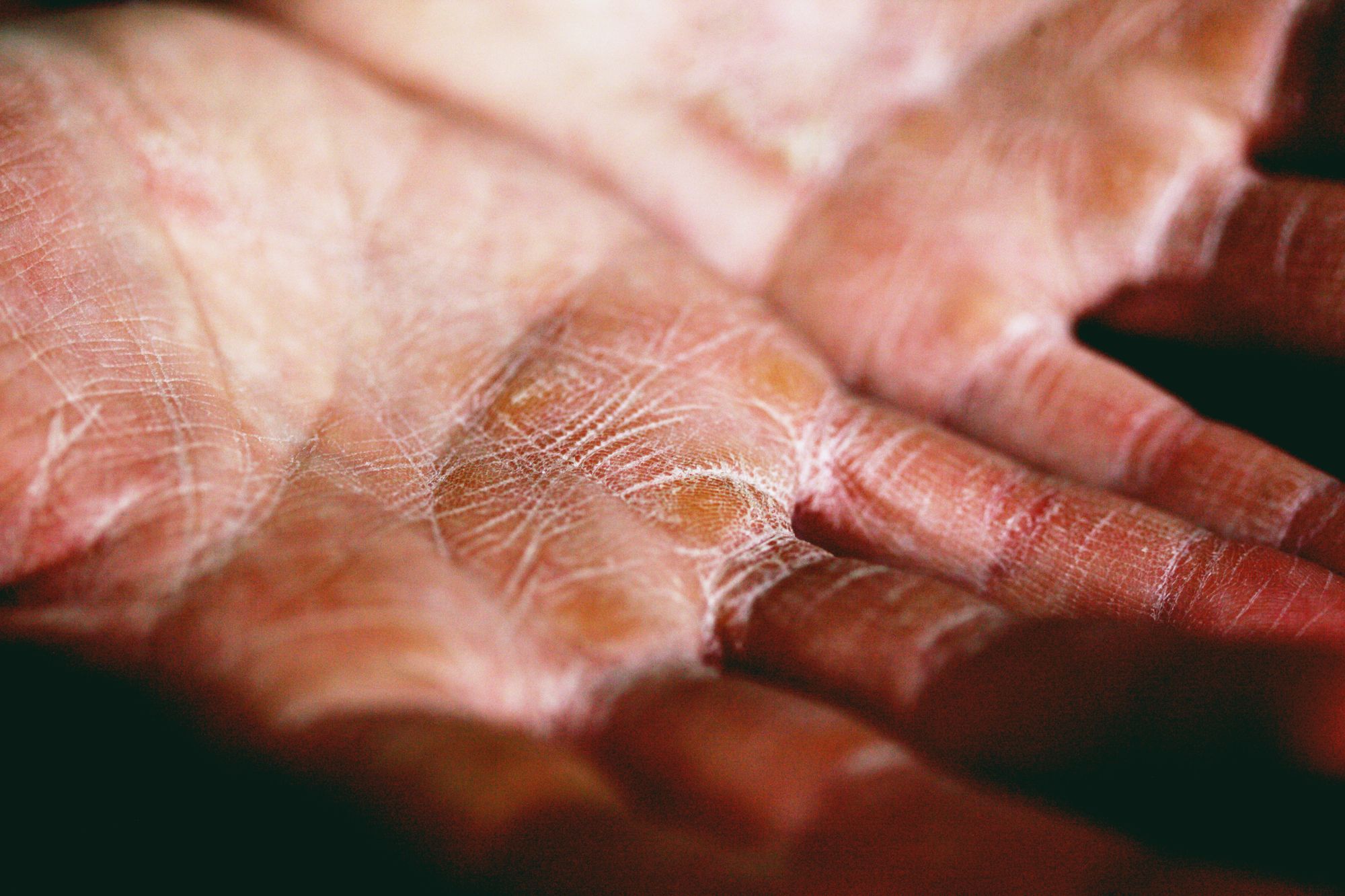Most of us visit the dermatologist for regular skin check-ups or when we have a specific concern. But there are other times when you may need to see a dermatologist that is not as obvious. Here are ten signs you should make an appointment with a board-certified dermatologist.
1. You have a family history of skin cancer.
If you have close relatives who have had skin cancer, you are at a higher risk of developing it yourself. A board-certified dermatologist can perform a full-body skin exam to check for any suspicious spots and help you develop a plan for prevention and early detection.
Dermatologists can also provide information on how to protect yourself from the sun, which is the main cause of skin cancer. Additionally, dermatologists can offer treatments for skin cancer that may not be available from your regular doctor. If you’re concerned about your risk of skin cancer, make an appointment with a dermatologist today. It might turn out to be your healthiest choice ever.
2. You are experiencing changes in your skin.
Have you noticed new growths on your skin or changes in existing moles? These should be examined by a dermatologist as soon as possible because they could be symptoms of skin cancer. Other changes to look out for include persistent itchiness, redness, or flakiness.
3. You have been diagnosed with another type of cancer.
Your skin may suffer from cancer treatments like chemotherapy and radiation therapy. A dermatologist can help you manage side effects and protect your skin from further damage.
While most people associate dermatologists with skin care, these doctors can actually provide valuable insights into various health concerns. For instance, dermatologists are often the first to spot signs of skin cancer. However, they can also detect internal cancers that may manifest on the skin. In addition, dermatologists are experts in identifying autoimmune diseases and other conditions that can cause skin problems. As a result, even if you don’t have any skin-related concerns, it’s still worth visiting a dermatologist for a check-up. Early detection of health problems increases the likelihood of successful treatment and improves overall health.
4. You have a chronic skin condition.
If you suffer from eczema, psoriasis, or another chronic skin condition, you may need to see a dermatologist regularly to manage your symptoms and prevent flares. A board-certified dermatologist can provide the latest treatments and help you find the proper skincare routine to keep your condition under control.
5. You are taking medications that affect your skin.
Certain medications can cause side effects like dryness, itching, or rashes. If you are taking medication and notice changes in your skin, talk to your doctor or dermatologist about ways to manage these side effects.
6. You work in an industry that exposes you to harmful chemicals or ultraviolet light.
Suppose you work in construction, agriculture, or another industry that exposes you to harmful chemicals or UV light. In that situation, routine skin examinations and screenings with a dermatologist are important. These professionals can detect early signs of skin cancer and help you reduce your risk of developing this disease.
7. You have diabetes or another medical condition that affects your skin.
Diabetes can alter your skin’s tiny blood vessels, which can result in issues including rashes, infections, and ulcers. A dermatologist should be consulted if you have diabetes or another medical disease that affects your skin so they can keep track of your condition and treat any issues as soon as they arise. Dermatologists can also provide helpful tips on how to care for your skin when you have these conditions. For example, they may recommend special moisturizers or cleansing products.
8. You are pregnant or breastfeeding.
Hormonal changes during pregnancy can cause all sorts of skin problems, from acne to dark patches. And if you are breastfeeding, certain medications (like acne treatments) may not be safe for use. A board-certified dermatologist can provide treatments that are safe for use during pregnancy and breastfeeding. They will also be able to identify any Skin conditions that may develop during pregnancy (like melasma) so that you can get treatment early.
9. You want to improve the appearance of your skin.
You may have wrinkles, age spots, scars, or other blemishes that make you self-conscious about your appearance. A board-certified dermatologist offers many cosmetic procedures (like Botox injections, chemical peels, and laser treatments) that can improve the appearance of your skin without surgery.
10. You just don’t feel comfortable with the way your skin looks.
Maybe there’s nothing specifically wrong with your skin, but you just don’t like how it looks. If this is the case, don’t hesitate to make an appointment with a board-certified dermatologist! They will be able to give you tips on how to make your skin look healthier and, if necessary, propose treatments (both medical and cosmetic).
Conclusion:
One of the most important things you can do for your skin is to visit a dermatologist regularly – even if you don’t have any major skin concerns. A dermatologist can help you to maintain healthy skin and identify any early signs of skin cancer or other problems. While you can certainly take care of your skin at home, there’s no substitute for the expertise of a trained professional. Dermatologists have the knowledge and experience to provide comprehensive care for all your skin needs. So make sure to make an appointment with your dermatologist as soon as possible, whether you’re struggling with a persistent acne outbreak or want to learn more about sun protection for your skin.
Whether you’re concerned about skin cancer, chronic skin diseases, pharmaceutical side effects, chemical/UV light exposure, medical conditions that affect the skin, pregnancy/breastfeeding, cosmetic surgeries, or simply not liking the way your skin looks, it’s time to take action and schedule an appointment with a board-certified dermatologist! They will be able to respond to any inquiries you might have regarding your skin and give you the care you want to attain the finest possible results!




